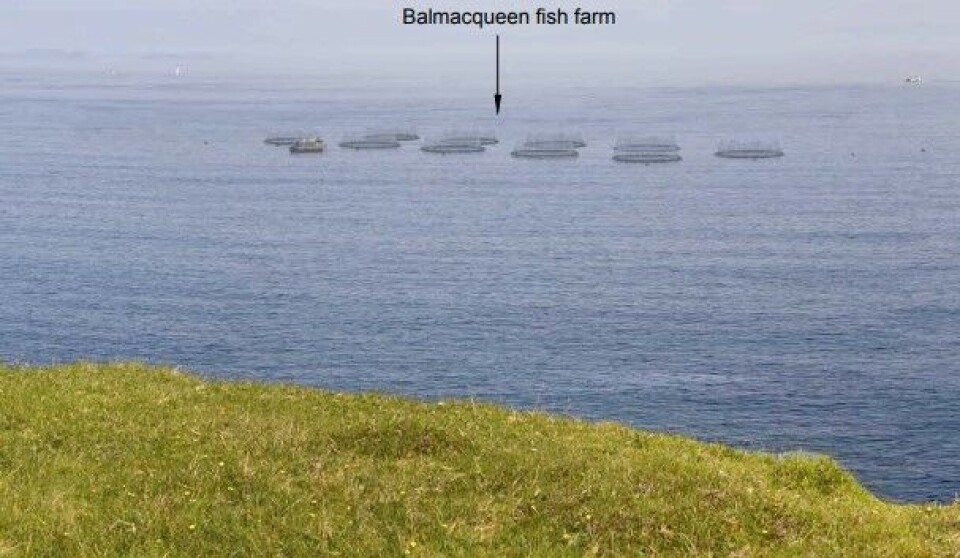
Organic Sea Harvest wins long battle for third salmon farm
After planning committee and appeal failures, Highland Council votes 25-23 in favour of site off northeast Skye
Scotland salmon farmer Organic Sea Harvest (OSH) has won planning permission for a third farm site, at Balmaqueen, northeast Skye.
Highland Council voted 25-23 in favour of the application early this afternoon after earlier rejecting an application for a nearby site, Flodigarry, by 28 votes to 22. Some councillors who took part in the second vote had not taken part in the Flodigarry debate and vote.
Revised applications for the sites at Flodigarry and Balmaqueen – first rejected in 2020 and 2021 respectively - were refused by Highland Council’s North Planning Applications Committee in August, despite a recommendation by planning officers that they should be approved. The applications were brought to the full council for reconsideration today after more than 20 councillors supported a Notice of Amendment.
OSH had revised its original 2020 and 2021 plans by reducing the number of pens from 12 to 10 for each application. Maximum biomass volume was also reduced.
A partial victory
OSH director and co-founder Alex MacInnes said the company was delighted to get one of the applications approved, but disappointed not to win permission for Flodigarry.
“We will have to reflect on that, we will take cognisance of the comments that were made [by councillors],” said MacInnes. “Some of them were quite difficult to accept, bearing in mind what we have presented and that we have been there [on Skye] for four or five years now.”
Speaking about refusal of the Flodigarry site, MacInnes said the company’s plan had always been for four farms. It already operates farms at Culnacnoc and Invertote, near Staffin, which is further south on Skye’s east coast, and Balmaqueen will be its third site.
“I am delighted with three, it means we can move on now, but we have to have a look at what everybody has said; we still want that fourth farm," said MacInnes.
Three out of four
Highand Council planning team leader Mark Harvey told councillors that if OSH gained permission for four farms, it had promised to only operate three at any one time, and fallow the fourth site for around a year.
Councillors heard that OSH planned to buy a third feed barge and a third set of pens, but not a fourth. The pens and barge would be utilised at the sites in production, with only a mooring grid left at the fallowed site.
During the meeting some councillors expressed concern that OSH had experienced high fish mortality levels at its existing sites due to microjellyfish / gill health issues, but MacInnes told Fish Farming Expert that the events happened two years ago.
“We have moved on from there, we know what we are dealing with, and we managed it accordingly,” said MacInnes. “We have not had a replication of those events.”
Stronger argument
MacInnes said OSH was now able to present a better economic case for its farms than when it first started, because it had figures from four years of operations.
He also confirmed figures presented to Highland Council which indicated that granting planning permission for two new farms would have led to the creation of 14 new jobs, on top of the existing workforce of 16, even though only three farms would be operational at any one time.
“The fallow site needs nets cleaned, the cages need to be stripped. We are very comfortable with employing seven staff per site. With the 120-metre cages we have got, all this work takes time.”
Along with the newly granted planning permission, OSH already has the other permissions required for Balmaqueen, but MacInnes said establishing the new farm will take time, as more smolts have to be produced, and equipment built and supplied.
“We are probably a year-plus away from stocking the site,” he said.























































